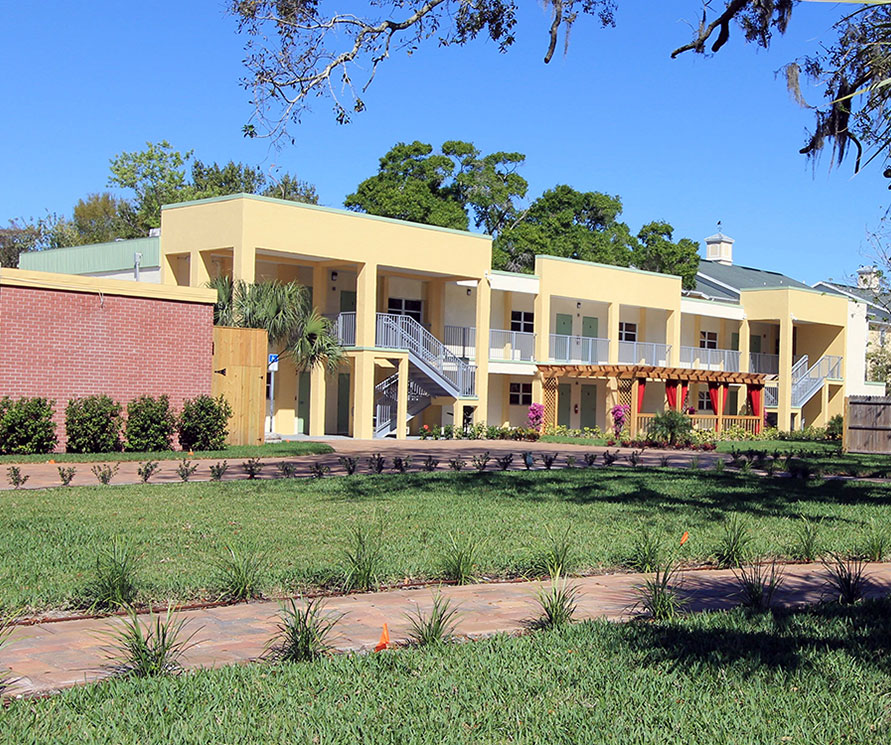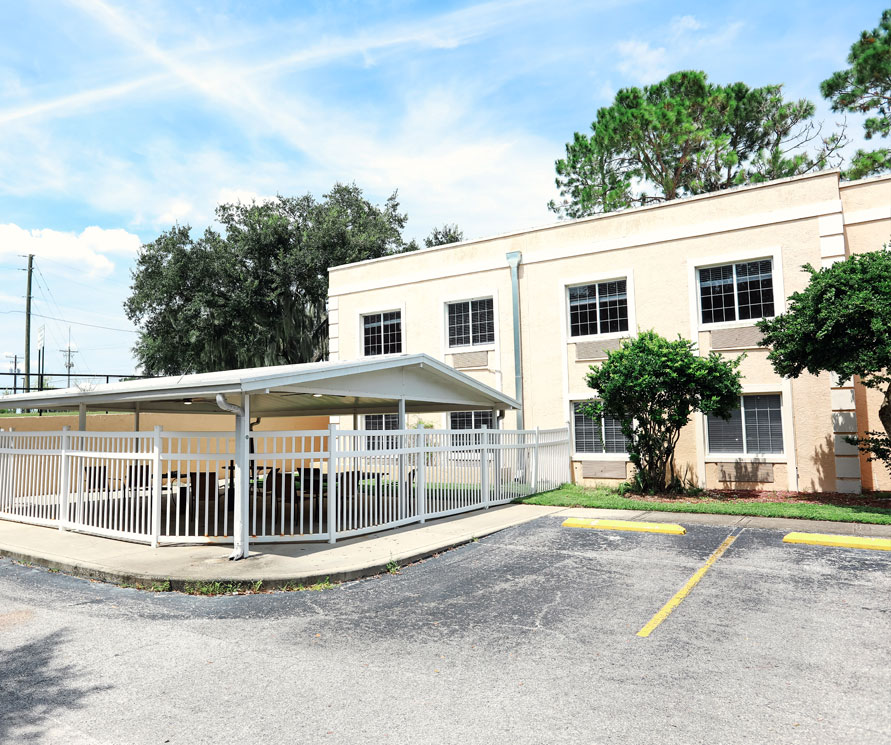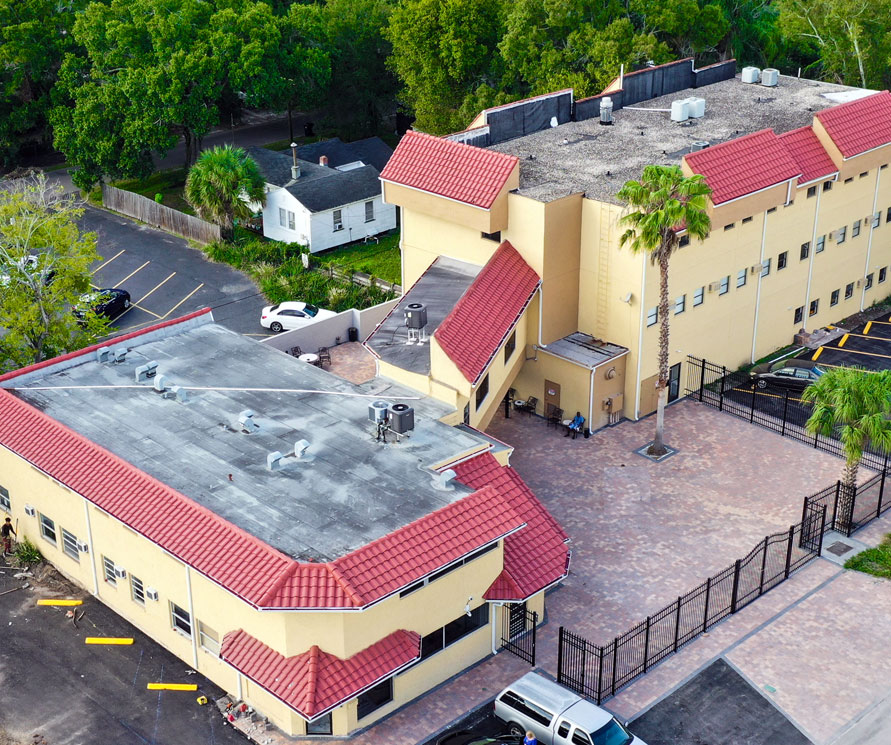Project Description
Adult Day Care Overview
Normally, adult day care is used to relieve the caregiver or his or her duties for the day while ensuring that the care recipient will still receive the proper care in a safe, friendly environment. These centers usually operate during normal business hours five days a week, and some centers also offer additional services during evenings and weekends. Currently, there are more than 4,000 of these programs operating in the United States.
In general, there are three main types of adult day care centers: those that focus primarily on social interaction, those that provide medical care, and those dedicated to Alzheimer’s care. Many of these facilities are affiliated with other organizations, including home care agencies, skilled nursing facilities, medical centers, or other senior service providers. The average participant in this type of program is a 76-year-old female who lives with a spouse, adult children, or other family or friends. About 50 percent of these individuals have some form of cognitive impairment and more than half require assistance with at least two daily living activities.
Regulation of adult day care centers is at the discretion of each state, although the National Adult Day Services Association (NADSA) offers some overall guidelines in its Standards and Guidelines for Adult Day Care. The staff usually consists of a social worker, an activity director, and an activity aide, who often is a certified nursing aide (CNA). Many adult day care centers also rely on volunteers to run various activities.
Benefits & Services
While adult day care can be a great resource for caregivers, many refuse to consider this option. Some worry that their loved ones will resent participating in such a program, while others feel guilty at the thought of leaving their loved ones in another person’s care. When it works correctly, however, adult day care can improve the care recipient’s overall behavior and provide the caregiver with much-needed time off.
Generally, a care recipient can benefit from adult day care because:
- It allows him or her to stay in his or her community while the caregiver goes to work
- It gives him or her a break from the caregiver
- It provides needed social interaction
- It provides greater structure to his or her daily activities
Adult day care facilities can provide a variety of services and activities, including:
- Assistance with eating, taking medicines, toileting, and/or walking
- Counseling
- Educational programs or mental stimulation
- Exercise programs
- Health monitoring (e.g., blood pressure, food or liquid intake)
- Podiatry care
- Preparation of meals and snacks
- Social activities
- Therapy (occupational, physical, speech, etc.)
- Transportation services
Social activities in adult day care centers can include:
- Crafts
- Cooking
- Exercise
- Field trips
- Games
- Gardening
- Holiday parties
- Music therapy
- Pet therapy
- Relaxation techniques
When an older loved one begins struggling to maintain their safety and independence at home, families often begin searching for senior care options. Finding a solution that will keep the senior safe while allowing them to feel independent is usually the goal.
Fortunately, assisted living is a type of care that meets those criteria.
Answering Commonly Asked Questions about Assisted Living
Q: What is assisted living?
A: Assisted living communities are a popular option for older retired adults because they combine independence with assistance. Residents of an assisted living community appreciate having their own apartment or suite. This allows them to maintain their autonomy and independence while knowing the support of caregivers is nearby around the clock.
Q: What types of care and services are offered in an assisted living community?
A: Assisted living residents can receive help with personal care and the activities of daily living (ADL), including bathing, dressing, grooming, and toileting. Many also require support with medication management.
Well-balanced meals, healthy snacks, housekeeping services, laundry, transportation, life enrichment activities, and wellness programs are usually included in the resident’s monthly fee.
Q: How is an assisted living community different from a nursing home?
A: Families often think an assisted living community is just a fancier version of a nursing home. These two types of senior housing may seem similar, but are, in fact, very different. Assisted living communities focus on providing a level of support that is more custodial in nature and less medically complex. Residents usually need help with two or three activities of daily living: bathing, grooming, dressing, toileting or continence care, and transferring (i.e., from one chair to another).
Residents often need assistance managing their medications, too.
By contrast, residents of a nursing home have more complex medical needs. A resident might live with diabetes and need skilled nursing care to tend to chronic wounds. Or they might have an illness like chronic obstructive pulmonary disease (COPD) that requires support from a respiratory therapist.
Q: Does Medicare pay for an assisted living community?
A: The answer to this question is sometimes surprising for older adults and their loved ones: Medicare doesn’t help finance assisted living.
Medicare is a health insurance program designed to pay for the health care-related expenses of seniors and younger people who have disabilities. Because assisted living doesn’t meet that criteria, seniors and their families must rely on other types of financing for assisted living.
Q: Are residents allowed to have pets in assisted living?
A: Many assisted living communities allow pets, though there might be size restrictions. Some require the resident to manage their pet independently, while others offer services to help the senior care for their pet.
If you or your senior loved one has a pet that will be making the move too, ask the community for a copy of their pet policy.
Q: Do residents have to sign a long-term lease at assisted living communities?
A: Contracts and resident agreements differ from community to community. In general, most communities only require a month-to-month contract or lease.
Q: Can residents decorate their own apartment?
A: Yes! Communities typically welcome this as it helps the senior create an environment that looks and feels like home. Many assisted living communities also have staff members who help with space planning before the move.
Q: Are families welcome to visit a loved one in an assisted living community any time?
A: While assisted living communities usually have open visitation hours, they do ask families to remember the community is home for residents. Early morning or late-night visitors are encouraged to be respectful of other residents.
OUR COMMUNITIES
Join Over 500 Residents Enjoying Best Care Senior Living Now
Fill in the fields below to request a callback.




